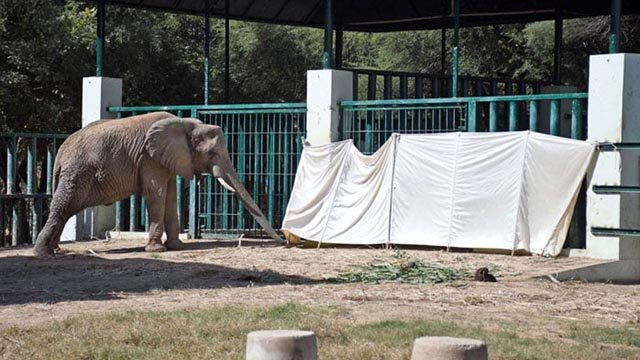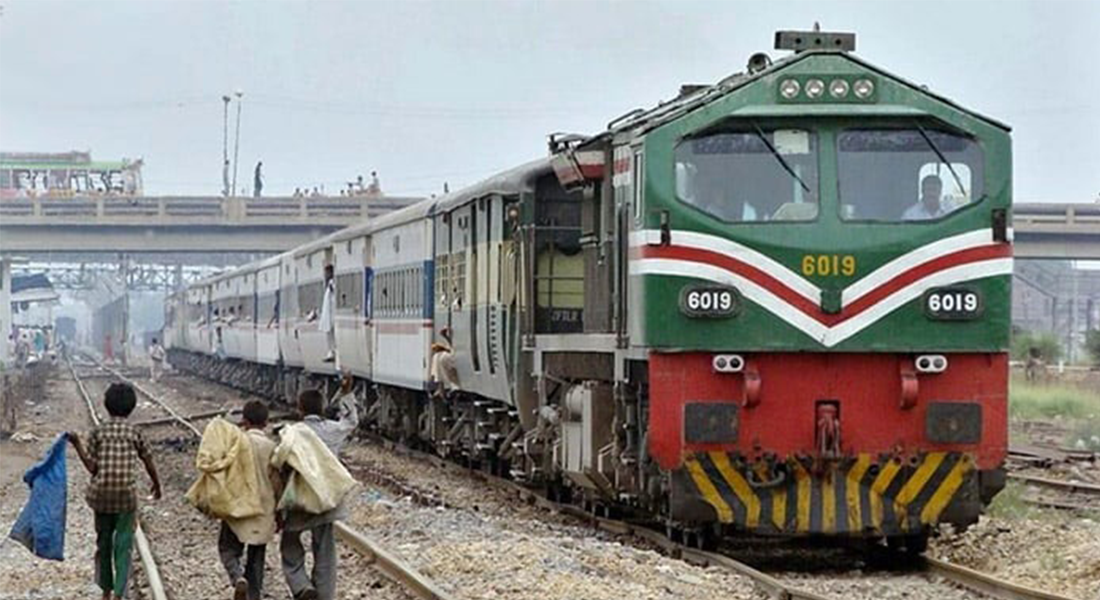With little chances of any further extension in the ongoing population census deadline, the headcount of Karachi is still far from touching the 20 million mark as officials believe the final count of the people living in the metropolis will not be over 19m when the mega exercise ends on Monday (today).
The prospects of the ongoing census for the Karachi population number appear to be alarming as the city headcount would be little more than 16.05, — the official number of the Sixth Population Census 2017 — giving birth to many burning questions ranging from pace of city population growth over the years to the effectiveness of the multi-billion rupees fresh exercise which has created more controversies than providing solutions.
“By the end of the week [May 12], the total number of Karachi population stood at little more than 18.6m,” said a Pakistan Bureau of Statistics (PBS) official citing the data compiled over the weekend.
“The enumeration process on weekly holidays [Saturdays and Sundays] is normally lean in terms of results and in some cases not executed with full capacity. So there aren’t any chances of any extraordinary growth in that number in the remaining days of the enumeration,” he said, adding that he did not expect any further extension beyond May 15 deadline.
Enumerators could hardly count 19m people despite multiple extensions in deadline
The PBS last month extended the last date of census for another 15 days after a detailed briefing was given to ministers, lawmakers and leaders of political parties to allay their concerns over the exercise.
It was the fourth extension in the census deadline since it was officially started on March 1 amid growing complaints and protests of political parties having electoral mandate in Karachi as the population of the city remained the basic bone of contention that emerged out of the 2017 census.
Political parties, particularly Muttahida Qaumi Movement-Pakistan and Jamaat-i-Islami, claimed that the final count of city residents was substantially less than the actual number.
MQM-P, JI to not accept results
With the process of counting almost over, it would be interesting to see the reaction of the parties, including the one which is the ally of the ruling Pakistan Democratic Movement in the federal government.
The JI has already announced that it would resist any bid to undercount Karachi’s population below 35m.
“The population of Karachi wasn’t even 16.05m in 2017 and that was the reason which triggered questions, protest and finally forced the government to go for fresh census,” said JI Karachi chief Hafiz Naeem ur Rehman.
“After spending billions of rupees of public money, you are still telling us that 2017 census was wrong and actually the Karachi population is 19m. Is this a joke? Internationally recognised studies, authentic surveys and dozens of academic research have proved that Karachi population is much higher than 30m and they’re telling us to accept this number. Not at all, we would resist,” he said.
He said that the people of Karachi would not accept this as they’re now aware that it’s the nexus of political parties against Karachi only to depriving them of their rights.
The MQM-P, on the other hand, also ruled out accepting the results of the census, which it said has so far failed to count all the people living in city high-rises.
In a statement issued here on Sunday, the party said that the PBS had failed to count all the 38,000 high-rise building in the metropolis which were earlier left out. Even PBS teams from Islamabad, it said, failed to meet the desired results.
“And all this conspiracy is being hatched to show the higher number of population of a certain ethnic unit,” said the MQM-P statement.
“The actual number of Karachi population can grow many times if the enumeration process is carried out with honesty. The MQM-P will not accept the results of such a census. The party will keep raising the voice till the count of the last person living in Karachi. When needed, it would also take to the street and parliament for the protest,” it said.
The controversy surrounding the accuracy of the population census in Karachi has raised concerns about the effectiveness of the ongoing exercise. Despite multiple deadline extensions, enumerators have struggled to count the estimated 19 million people residing in the city. The current count stands at a little over 18.6 million, which is still significantly below the desired target.
The Pakistan Bureau of Statistics (PBS) has acknowledged that the enumeration process during weekly holidays has been less productive, and it does not expect any significant increase in the population count before the May 15 deadline. This has led to doubts about the credibility and thoroughness of the census, as the city’s population growth rate and the accuracy of previous counts come into question.
Political parties, particularly the Muttahida Qaumi Movement-Pakistan (MQM-P) and Jamaat-i-Islami (JI), have voiced their skepticism regarding the census results. The JI, in particular, has declared its opposition to any attempt to underestimate Karachi’s population below 35 million. The party claims that the 2017 census count of 16.05 million was already too low and argues that international studies and surveys suggest a much higher population of over 30 million for Karachi.
MQM-P has also rejected the census results, asserting that the enumeration process has failed to account for residents living in high-rise buildings. The party alleges that approximately 38,000 high-rise structures in the city were not adequately counted, even with the involvement of PBS teams from Islamabad. MQM-P believes that there is a conspiracy to manipulate the population figures, potentially to favor specific ethnic groups.
The resistance from MQM-P and JI underscores the deep-rooted concerns about the accuracy and fairness of the census. They argue that billions of rupees have been spent on this exercise, yet it fails to provide an accurate representation of Karachi’s population. The parties emphasize the importance of conducting a transparent and comprehensive census that accounts for all residents in the city.
As the counting process nears completion, the reaction of political parties, including those aligned with the ruling Pakistan Democratic Movement, remains a point of interest. It remains to be seen whether the census results will be accepted or contested further, potentially leading to protests and political mobilization.
The outcome of the Karachi population census holds significant implications for the allocation of resources, representation in government, and decision-making processes. Accurate population data is vital for effective planning and development, ensuring that the needs of the city and its residents are adequately addressed. The controversy surrounding the census results highlights the need for a transparent and reliable process to determine the true population of Karachi.









